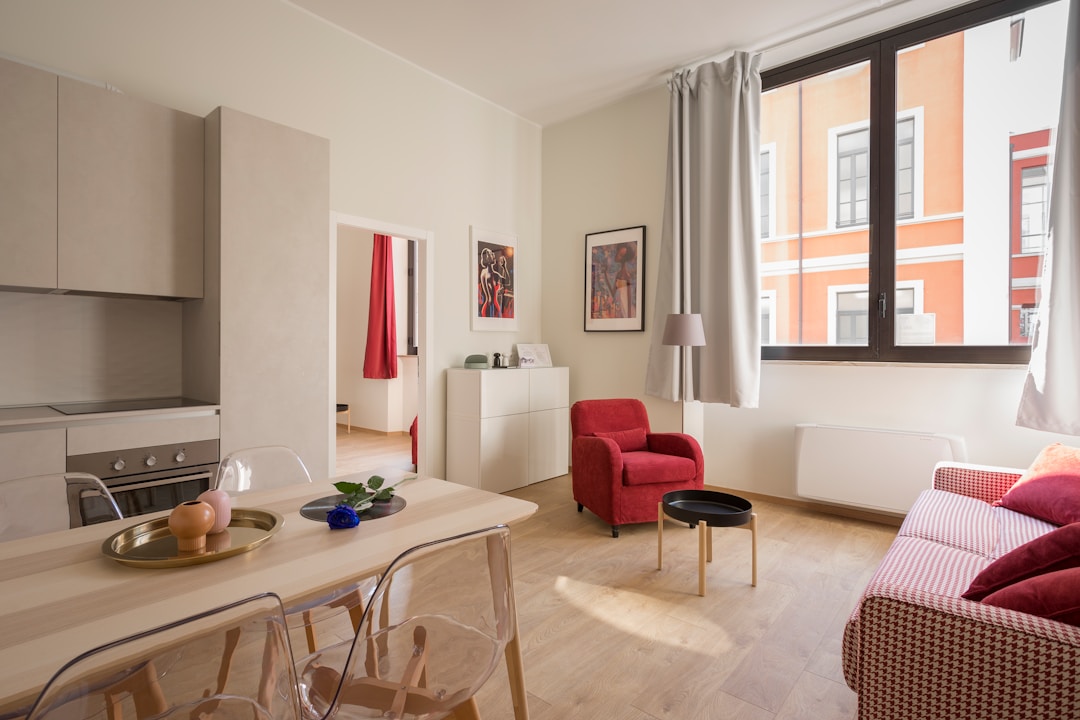Whether it’s a house, condo, or apartment, renting property is a great solution to housing for the short term, or even if you’re not looking into homeownership. Being a renter does afford people the knowledge that most home repairs will be accounted for by a landlord, and that most upkeep on the exterior is also taken care of. However, there are still some problems that renters can run into. Thankfully, there are ways to solve those problems.
1. There could be issues with the lease.

In the moving process, some renters are so eager to get the keys they miss parts of the fine print in the lease. However, it’s important to thoroughly read a lease before signing it. After all, some landlords will try to turn the tables on tenants when it comes to rent or allowances on the property. If a problem arises, you may want to look into attorneys in Salem, OR, or in your neighborhood to help you address these issues. A lawsuit could help cover the cost of damages to your rental, or to valuables that a landlord has neglected to repair after a weather event or other situations like it.
2. Accidents happen inside your rental.

You may not own your rental property, but it’s still your home. The insurance policy on the unit doesn’t cover your personal property or liability, which is why it’s important to protect your home with renters insurance. A renters insurance policy offers protection for your belongings. A standard renters insurance policy will cover furniture, electronics, and lighting in the event of theft, fire, or a windstorm. In addition to your personal belongings, these policies also offer medical payments coverage to take care of any hospital bills or lawsuit expenses in the event of a slip and fall in your home. You can even tack on additional coverage to protect you as a policyholder in the event of a flood or earthquake.
3. Extra expenses can come up.

When looking into a rental property, you’ll want to make sure you’re also budgeting for any added expenses. While your rent may cover heat, hot water, or electricity, you could have to cover other amenities. It’s best to assess your monthly income, spending around 30% of what you bring home on rent. Any extra costs should be weighed based on the priority for your living situation. If you have a car, you may need to afford to pay for a parking space on the property. However, if you don’t have too many belongings in your apartment, you may not need to pay a monthly fee for a storage unit.
4. Your landlord can be more foe than friend.

You should have some peace of mind in knowing that any necessary repairs to your rental are your landlord’s responsibility. However, some landlords drag their feed for as long as possible before making any fixes to your rental home. You could pursue legal action to take care of any damage, or you could rely on your renters’ coverage to help you take care of certain types of losses. If you wish to send a message, you can deduct the total amount of something like pest control from your monthly rent, sending the invoice along with your rent check.
5. You have to stay on top of your credit.

Landlords and real estate companies will evaluate credit reports to be assured you’ll cover your monthly rent. Be sure to stay in your financial situation, use credit cards responsibly, and stay on top of your checking and savings accounts for proper asset protection. This will afford you the best results in searching for your long-term or short-term rental. If your credit isn’t in the best condition, you could offer to pay more than the initial deposit for a rental property.







